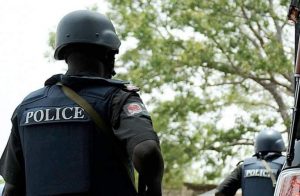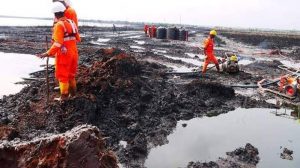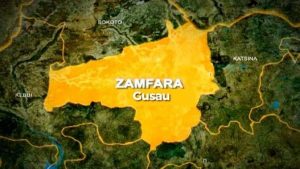Nigeria Needs $35 Billion Investment for Robust Railway System, Says Transport Minister

Senator Sa’idu Alkali, the Minister of Transportation, has underscored the necessity of a $35 billion investment to realize an efficient and fully functional railway transportation system in Nigeria. Speaking during the presentation and defense of the 2024 budget proposal for the Ministry of Transportation before the Joint Committee of the Senate and the House of Representatives on Land Transport in Abuja, the minister outlined plans to enhance the transportation and logistics value chain to align with Nigeria’s population and size.
The ambitious proposal aims to connect crucial industrial and agricultural hubs with an extensive railway network, addressing critical needs in the country’s rail infrastructure. Alkali highlighted the persistent challenge of insufficient funding, acknowledging the significant hurdles posed by the country’s dwindling revenue.
Alkali presented insights into the Ministry of Transportation’s strategic plans, including the connection of approximately 6,000 kilometers of Standard Gauge Railway. Additionally, the ministry plans to rehabilitate the existing 3,505 kilometers of Narrow Gauge Lines, linking the North and South, East and West regions of the country. The rehabilitation efforts target key zones, such as oil and mineral resources areas, the agricultural belt, and vital ports, including the Lekki Deep Sea Port.
Despite the ambitious goals, the minister emphasized the financial constraints faced by the ministry. Securing funds from international development financing entities has proven challenging, affecting projects like the Lagos – Kano and Kano – Maradi Railway Modernisation Project, as well as the Port Harcourt – Maiduguri Eastern Narrows gauge rehabilitation and reconstruction.
Alkali appealed to lawmakers, urging them to consider increasing the ministry’s budget to meet the set goals. He sought cooperation in injecting special intervention funding for the expansion of the railway networks, viewing it as a catalyst for economic development. The minister also highlighted the Nigerian Institute of Transport Technology’s role in capacity building, emphasizing infrastructure improvement, increased research, and expanded training initiatives across four geopolitical zones.
In line with the ministry’s mandate, Alkali reiterated the commitment to implementing government policies in the Land Transport Sub-sector, including initiatives related to the Economic Community of West African States (ECOWAS) for regional transport interconnectivity.
Source: Nairametrics





